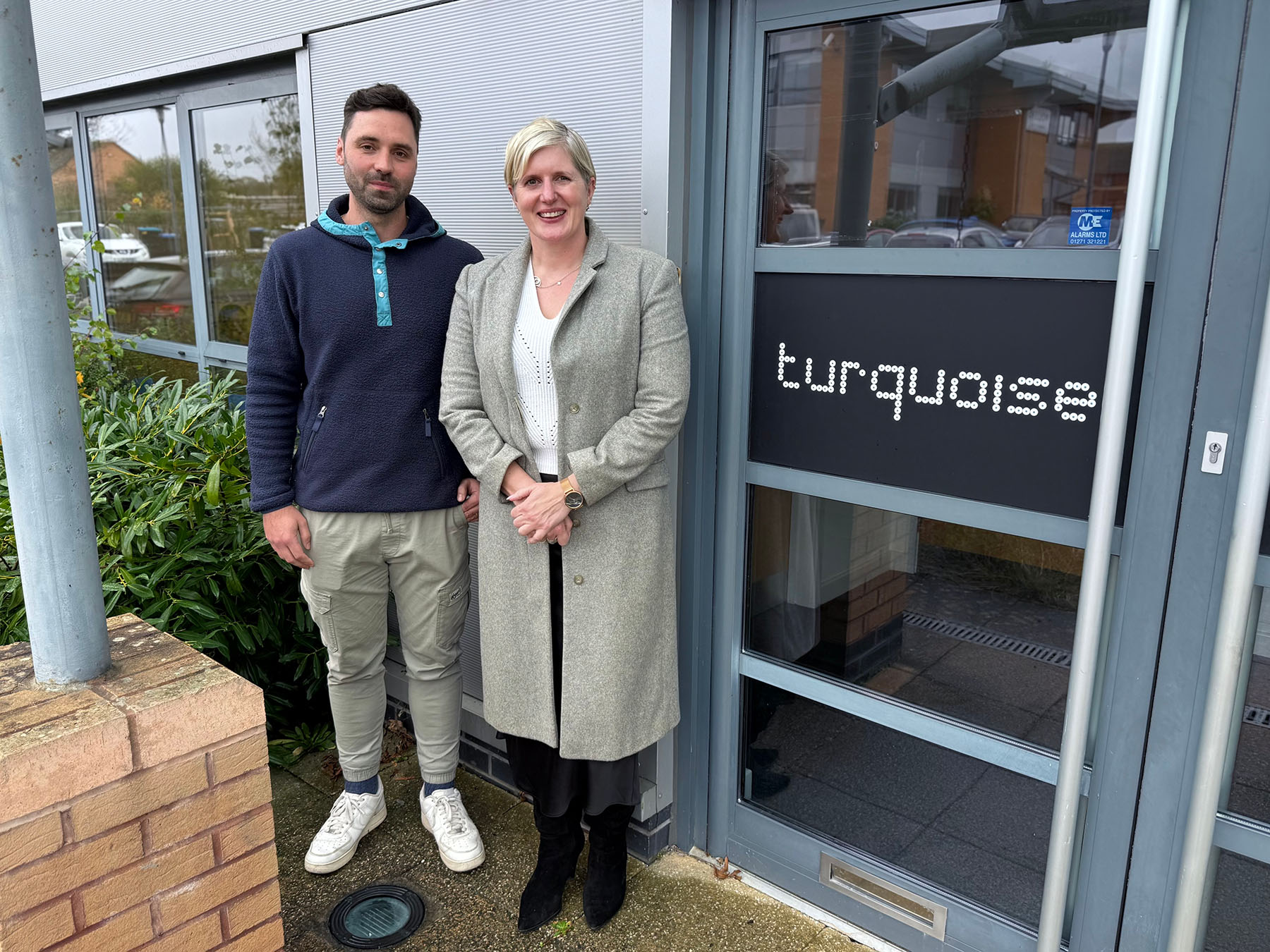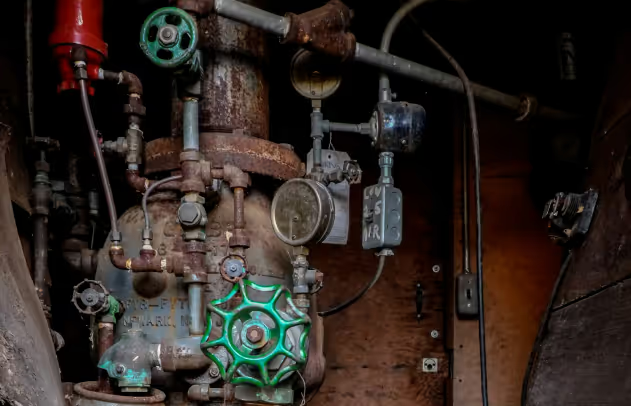
Insight
2nd April 2022
Challenging times in the charities sector
Nobody was unaffected by the unprecedented events of 2020 and 2021. However, charities were hit particularly hard. While most sectors are now able to work on recovery, the uncertain financial landscape means that in the charities sector, there is no obvious light at the end of the tunnel.

Earlier this year, the National Council for Voluntary Organisations (NCVO) published its annual paper entitled the Road Ahead Report, which looks back on the events of the year gone by and the factors set to influence the months ahead for the charities sector.
Unlike the previous year, 2022 arrived with an air of optimism as far at the pandemic was concerned. However, its effects, and those of other macro events such as the war in Ukraine and inflation hitting a 30-year high are having their own impacts.





























